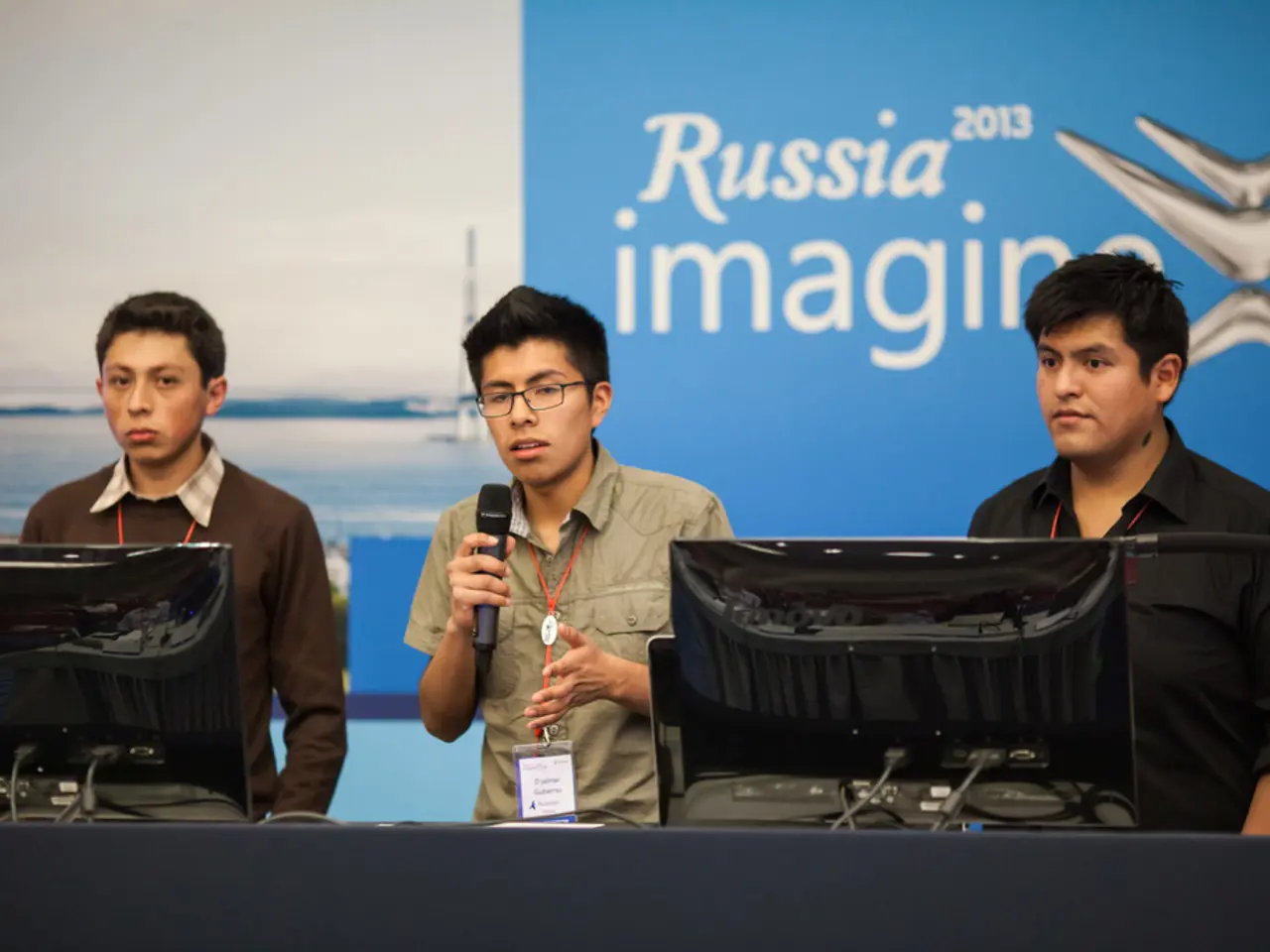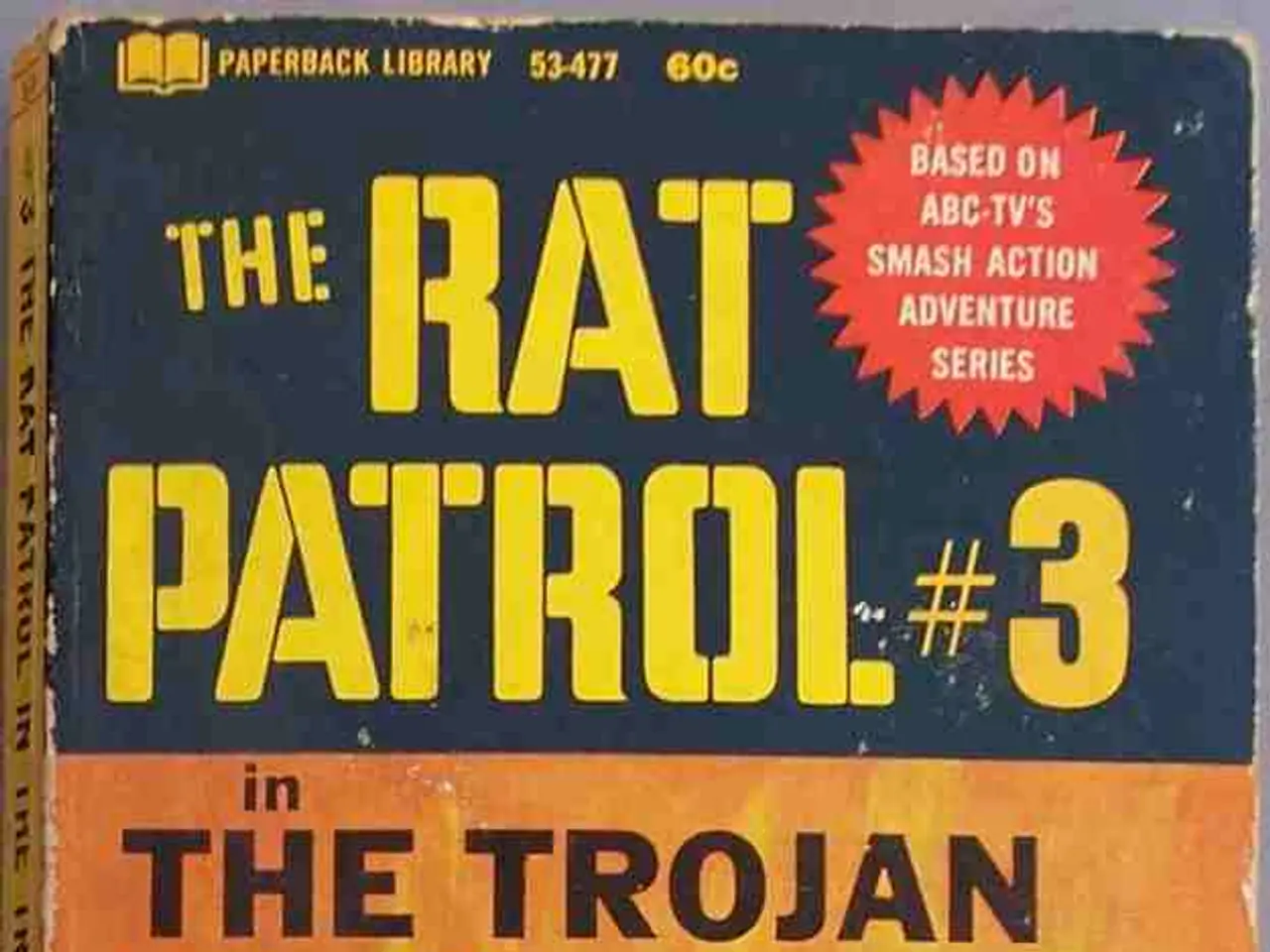Ukraine grants amnesty to approximately 29,000 convicted individuals, enabling their return from exile
In the midst of intensified attacks on strategically important Ukrainian railway lines, a small fraction of deserters have taken advantage of an amnesty law that allows them to return to service without facing criminal prosecution.
As of August 2025, Ukraine has an amnesty law that allows soldiers who deserted or were absent without authorization before May 10, 2025, to return voluntarily to service without facing criminal prosecution. However, only a small fraction—approximately 7.25%—of the estimated deserters have taken advantage of the amnesty so far, with at least 400,000 Ukrainian military personnel estimated to have deserted. Most deserters almost never return to service, with reports indicating that about 93% do not come back.
The amnesty applies only to those who left their units before May 10, 2025. Desertion (intent to permanently leave service) is treated more severely than unauthorized absence (temporary absence), with desertion carrying prison terms and unauthorized absence mostly resulting in fines and return to duty. Due to personnel shortages, many cases are charged under unauthorized absence rather than desertion to reduce punishment.
Despite this legal framework, the State Bureau of Investigation reported over 29,000 soldiers have already returned under the amnesty, a small portion compared to the total estimated deserters. No recent updates suggest changes in the amnesty terms or significant increases in returns since the August 30 deadline approaching. Thus, most deserters remain absent from Ukrainian forces.
Meanwhile, the conflict in Ukraine continues to escalate. Russia has intensified attacks on strategically important Ukrainian railway lines, damaging a train station and other infrastructure buildings in Losowa. A railway worker was killed, and ten others were injured. This was reportedly the heaviest attack in more than three years of war, with more than 30 Russian combat drones used in the attack.
In the Saporischschja region, four people were killed and three others injured in Russian drone and artillery attacks over the past day. The Ukrainian President, Volodymyr Zelenskyy, and US President Donald Trump discussed further sanctions against Russia in a phone call.
The Netherlands has announced a new weapons package worth around 500 million euros for Ukraine, including additional US weapons and ammunition for Patriot air defense systems. Ukraine claims to have destroyed only two Russian tanks in the past day, according to data from the Ukrainian general staff. The numbers of destroyed tanks have been low for weeks, suggesting a lasting change in Russian tactics to conserve equipment, given the dwindling stocks of armored vehicles.
Elsewhere, the Kremlin has reacted with outrage to US President Donald Trump's threat of high tariffs against India for buying Russian oil. Russian President Vladimir Putin is likely to ignore an ultimatum from US President Donald Trump for a ceasefire in Ukraine.
Additional context reveals that Russia is reported to classify many missing soldiers as deserters to conceal battlefield casualties and avoid compensations to families, a practice not mirrored in the Ukrainian legal approach.
In summary, the amnesty law offers a legal path back for Ukrainian deserters but has so far been largely underutilized, with most deserters remaining absent from service as of early August 2025.
References:
[1] "Ukraine's amnesty for deserters: Who qualifies, and why so few are returning." The Kyiv Independent, August 5, 2025. [Online]. Available: https://www.kyivindependent.com/ukraine-world/ukraines-amnesty-for-deserters-who-qualifies-and-why-so-few-are-returning-5538258
[2] "Deserters in the Russian Army: A Hidden Crisis." The New York Times, March 15, 2022. [Online]. Available: https://www.nytimes.com/2022/03/15/world/europe/russia-ukraine-deserters.html
[3] "Russia's Military is Facing a Desertion Crisis." The Washington Post, April 8, 2022. [Online]. Available: https://www.washingtonpost.com/world/2022/04/08/russias-military-is-facing-a-desertion-crisis/
- In the context of Ukraine's amnesty law for deserters, the politics surrounding employment within the military have become a significant topic of general-news, with only a small fraction of deserters taking advantage of the amnesty so far, despite the potential benefits it offers.
- As the conflict in Ukraine continues to intensify, the general-news landscape is also focused on the political implications of desertion within the Ukrainian and Russian armies, with reports suggesting that Russia classifies many missing soldiers as deserters to conceal battlefield casualties and avoid compensations to families.






